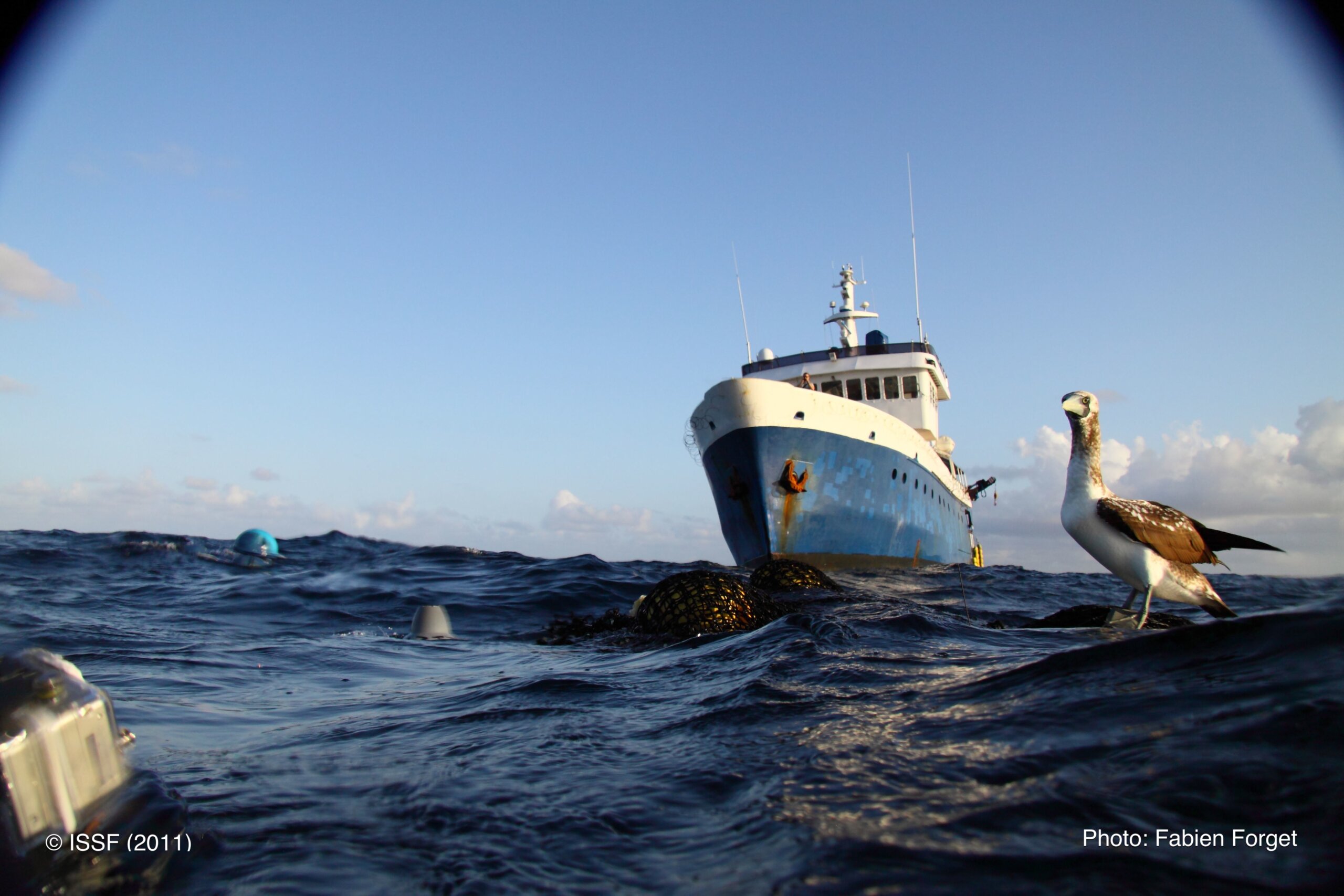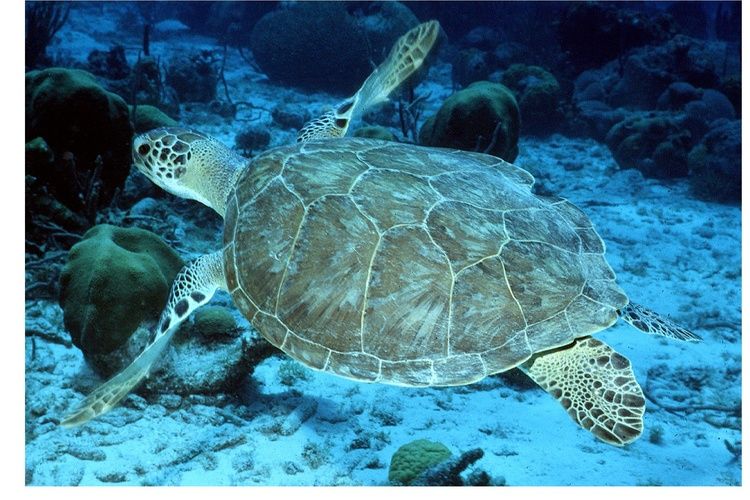Fisher Training to Improve Post-Release Survival of Incidentally Captured Marine Turtles in Costa Rica
This project is an initiative of the Costa Rican Government (Fisheries Agency and Environment Ministry), and has been carried out via collaboration between the International Seafood Sustainability Foundation (ISSF), EcoPacific+, Submon and the Inter-American Convention for the Protection and Conservation of Sea Turtles (IAC).
Incidental capture of sea turtles is a well-known impact of longline and other fisheries worldwide and one of several significant causes of the decrease in sea turtle populations. While effective alternatives to reduce incidental capture are studied and put in place, identifying methods to increase an animal’s probability of survival after incidental capture is of equal importance. There are a number of techniques and procedures that can increase the chances of sea turtles surviving the interaction with fisheries. These practices should be adapted in each case to the operational and technological conditions of the fishery and also in light of socioeconomic aspects. All of this information should be passed onto fishers, fishery observers and government agencies in order to improve marine turtle post-release survival and long-term sustainable management of fisheries.
Thanks to an interdisciplinary team of professionals with expertise in fishing technologies — veterinarians, fishers and fishery observers from the Pacific Ocean and the Mediterranean Sea — knowledge of these handling techniques has improved over 12 years. Throughout, the contribution and knowledge of fishermen and observers has been essential to identify techniques and tools that are practical and applicable to specific fishing conditions.
The Government of Costa Rica is working to mitigate the impact of longline fisheries on marine turtles. In November 2014, the Government published an Executive Decree on the “Management for the efficient use of tuna and similar species in the Exclusive Economic Zone of the Costa Rican Pacific” (known as “the Tuna Decree”). This requires, among other items, the training of fishers and observers in best practices and the use of adequate tools on board longline vessels. The private sector, comprised of tuna processors and seafood exporters, has also expressed its willingness to improve operations towards the responsible and sustainable fishing of large pelagic fish. Two important processes are currently underway in the country: 1) the implementation of “the Tuna Decree” and 2) the beginning of a project to improve the mahi-mahi longline fishery, which catches turtles accidentally.
Costa Rica is therefore at an optimal moment to develop training programs in best-handling techniques of sea turtles on board longline vessels. To capitalize on this momentum, 10 technical workshops were carried out along the country’s Pacific coast. This was a further step by the Government Fishery Agency (the Costa Rican Institute of Fishing and Aquaculture – INCOPESCA) and the Environmental Ministry (MINAE) to engage fishers, industry, national NGOs and the government inspectors in the protection of sea turtles — working together toward solutions to improve fisher’s work while minimizing threats to sea turtle conservation.
Attendance at the workshops was twice what was initially expected, with a total of 317 fishers in the main harbors: Cuajiniquil, Playa del Coco, Puntarenas, Quepos and Golfito, and in a small-scale fishing community with artisanal fishers, Playa Lagarto/Sanjuanillo. The “Tuna Decree” was explained, in addition to results from previous experiments with “J” (traditional) and circle hooks carried out in the country. A specialist veterinarian explained anatomy and physiology of sea turtles, best practices for removing hooks when handling incidentally captured turtles, and the reasons why such practices can save turtles.
The aim of these sessions was to empower fishers with the knowledge to make informed decisions regarding the handling of sea turtle bycatch when on the fishing vessel, depending on the various situations they face. A total of 100 pig-tail and 100 J dehookers were given out to attending longline vessel captains or owners, as well as t-shirts with best practices illustrated on the back for all attending fishers. It was exciting listening to the fishers sharing experiences and absorbing the presentations and demonstrations as though it were the first day of class. An atmosphere of trust is fundamental to the successful sharing of ideas, and such an atmosphere was made possible thanks to the respectful relationships built over years with longline fishers — as well as a result of their leaders’ commitment to improving fisheries management.
Three more sessions were conducted for government officials, fishery observers, beach technicians and researchers in Puntarenas, Cabuyal and Ostional, so that they can apply the same techniques when faced with injured turtles on vessels or in remote areas. And a fourth talk was carried out at the University of Costa Rica for students to learn about the problem of incidental capture of turtles and work being developed to reduce its impact on species conservation.
These trainings lay the groundwork for future actions in Costa Rica, such as: implementing an observer pilot program for the longline fleet; the collection of turtle bycatch data, which is now required in a new logbook system; and the training of key personnel to continue further training of fishermen in best practices.
This experience in Costa Rica showed that fisheries are very dynamic: techniques and procedures should be periodically tested and, therefore, training programs should be ongoing, in order to incorporate new findings and knowledge. There is no one-size-fits-all solution for the challenges fisheries may face, and it is essential to adequately know and understand fishing sectors, technically and socially. Continued training will reach more fishers and professionals in Latin America and other regions, sharing the results of research, and building on what we learn from fishers.
Thank you, ISSF and IAC, for confidence in and support for these activities, and participating fishers for enthusiasm in adapting to the new practices these efforts are designed to create.


